Environmental Protection
Pantech Group is cognisant of the impact of our decisions and actions, and strives to integrate sustainability in all aspects in our operations, encompassing economic sustainability and consideration for our impact to the environment and society.
We are committed to addressing environmental challenges across six key areas:
- Climate Change
- Energy Usage
- Pollution
- Resource Use
- Waste Management
- Water Usage
We have in place the policies on our sustainability endeavours, including an Environmental Policy where we commit to E.A.R.T.H. Pantech Group has taken continuous initiative to reduce our generation of water and air pollution and waste to lessen our impact on the environment. We endeavour to use rain water and solar energy while consuming resources such as energy and water efficiently. Similarly, we dispose waste in a proper manner and increase carbon offsetting in cognisance of the dangers climate change poses to life on Earth. We work closely with public and private organisations aligned with the efforts of Pantech Group such as the Department of Environment, local city councils and qualified waste disposal companies to improve the environmental and social conditions of the communities in which we operate.
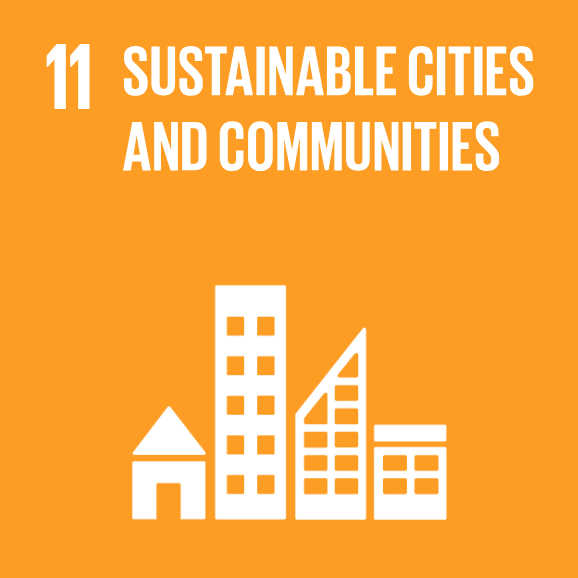
Sustainable Cities and Communities
Pantech Group adopts sustainable practices to minimize environmental impact and ensure responsible business practices.
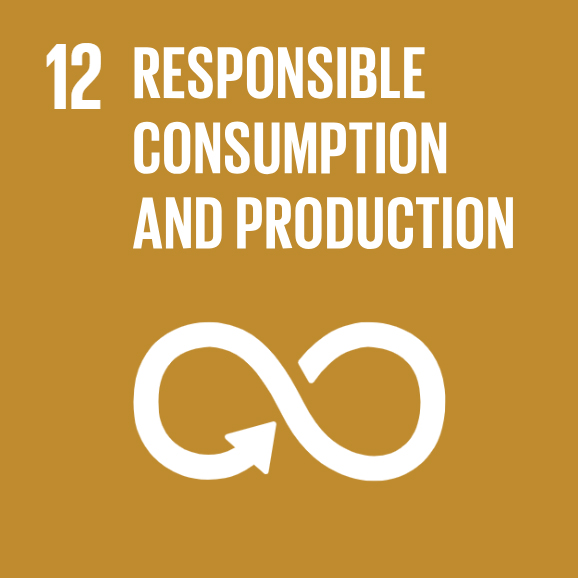
Responsible Consumption and Production
Dedicated to maximising resource efficiency and minimising waste generation by adopting the principles of 4R concept: Reduce, Reuse, Recycle and Recover.
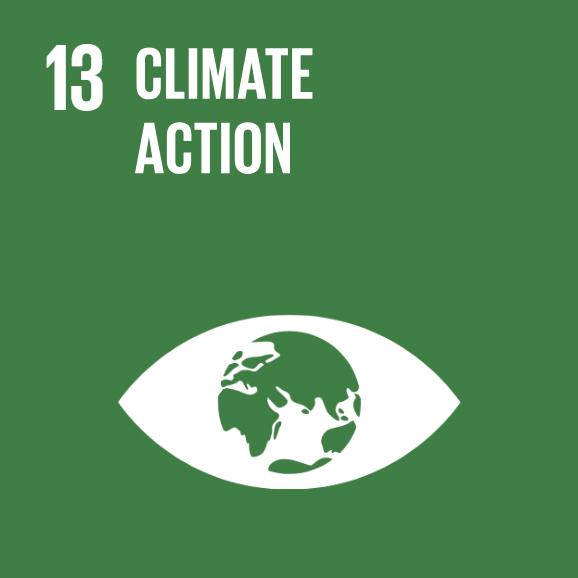
Climate Action
Implements measures to reduce carbon footprint and promote climate-friendly practices.
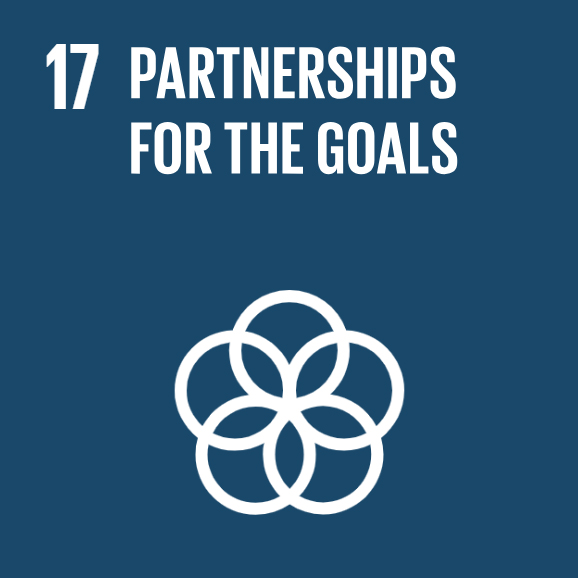
Partnerships for the Goals
Collaborating with stakeholders to achieve Sustainability objectives.
- As a responsible company, we must protect the environment, reduce negative impact on the surrounding environment of our operations, and ensure the health and safety of the employees and surrounding communities
- Enhance resource efficiency and reduces operational costs
- Adhering to regulations in relation to emissions waste and resource use is crucial for business continuity and avoiding penalties
- Addressing climate change reduces long-term risks, such as resource scarcity, extreme weather events and the related impacts on business operations
- Business strategies, plans and operations guided by Sustainability Policy and Environmental Policy, with a commitment to five areas aptly initialising EARTH
- Introduction of Net Zero By 2050 Roadmap which outline our strategy with clear milestones in achieving net zero carbon emissions by 2050.
- Regularly track and report on key environmental metrics
- Invest in renewable energy, energy-efficient technologies and low-carbon solutions to reduce emissions and promote sustainability
- Encourage climate-conscious practices among employees through awareness programs and trainings for sustainable actions
- Collaborate with industry groups, governments and NGOs to support broader climate action, improve the environmental and social conditions of the communities in which we operate in.
1. Energy
| FY | Energy Consumption (GJ) | Remarks |
|---|---|---|
| 2022 | 122,816 |
|
| 2023 | 137,524 |
|
| 2024 | 144,134 |
|
2. Carbon Emissions
| Emissions | FY2022 (tCO2e) | FY2023 (tCO2e) | FY2024 (tCO2e) |
|---|---|---|---|
| Scope 1 | 2,585 | 2,651 | 2,870 |
| Scope 2 | 17,461 | 20,379 | 19,648 |
| Scope 3 (limited to business travel and employee commute) |
1,706 | ||
| Total | 20,046 | 23,030 | 24,224 |
3. Water Withdrawal
We use the World Resource Institute (WRI) Aqueduct Water Risk Atlas Tool to identify the water stress level at our operation locations.100% of our sites draw from municipal potable water with low stress levels i.e. below 10%.
| Water Withdrawal by Source | FY2022 (m3) | FY2023 (m3) | FY2024 (m3) |
|---|---|---|---|
| Municipal potable water | 65,715 | 68,452 | 80,988 |
| Rainwater Harvesting System | – No data – | 7,7021 | 10,5521 |
| Total | 65,715 | 76,154 | 91,540 |
Note 1: Data for harvested rainwater usage is unfortunately incomplete in FY2023 and FY2024 due to recurrence of faulty meters. Moving forward we will schedule more checks on the meter to ensure better collection of data and reporting.
4. Waste and Effluent Management
| FY2022 (MT) | FY2023 (MT) | FY2024 (MT) | |
|---|---|---|---|
| Scheduled Waste (SW) generated | 586 | 1,139 | 1,710 |
| SW directed from disposal | 1,453 | ||
| SW directed to disposal | 257 |
5. Environmental Compliance
| FY2022 (RM) | FY2023 (RM) | FY2024 (RM) | |
|---|---|---|---|
| Total amount of compounds received by local authorities/ regulatory bodies | 93,000 | 27,000 |
Note: There is no incident of non-compliance with water quality/ quantity permits, standards and regulations. Please refer to the respective Sustainability Statements for details of the non-compliance incidents.
Our CommitmentWe strive to achieve net zero carbon emissions by 2050
-
20242030
15% Reduction from baseline
Initiatives:- Solar installation: install solar panels to reduce reliance on grid electricity.
- Electric Vehicle (EV) forklifts: replace conventional forklifts with EV forklifts.
- Improve energy efficiency and optimise operational processes: conduct energy audits to understand current energy use and identify opportunities for improvement. We will also implement actionable recommendations, including equipment upgrades, process improvements, and behaviour changes, to reduce energy consumption, cut costs, and lower emissions. Progress will be tracked continuously to ensure sustained improvements through regular reviews and strategy adjustments.
-
20302040
35% Reduction from baseline
Initiatives:- Continue initiatives i.e. solar installation, enhanced energy efficiency through advanced energy management systems and optimisation of operational processes.
- Upgrade/transform infrastructure: explore opportunities to upgrade/transform existing infrastructure to reduce LNG use.
-
20402050
Remaining reduction to NET ZERO
Initiatives:- Technological innovations i.e. explore and implement new technologies to lower carbon emissions.
- Renewable energy: continue expanding solar and other renewable energy sources.
Note:The current Net Zero roadmap of Pantech Group is based on Scope 1 and Scope 2 carbon emissions. Our Scope 3 emissions presently cover limited areas, specifically business travel and employee commuting. We are collaborating with consultants to identify the full Scope 3 emissions before integrating them into our Net Zero roadmap.
We must act now to…limit global temperature rise to 1.5°C, to avert the worst of climate chaos. The world cannot wait.- United Nations Secretary-General António Guterres
Climate Change
Pantech Group recognises climate change as a significant factor that presents both risks and opportunities to our business. Our commitment to achieving Net Zero by 2050 reflects our proactive stance in addressing climate-related challenges. The changing environmental landscape, along with evolving regulations, has the potential to impact our operations and supply chains. However, it also opens up opportunities for innovation and growth as we adopt sustainable practices and develop low-carbon solutions. By anticipating these risks and seizing opportunities, we aim to enhance our resilience, improve operational efficiency, and contribute to global climate action.
| Time Horizon | Risk | Opportunity |
|---|---|---|
| Short Term | Increased operational costs from carbon taxes and regulations; Disruptions due to floods and extreme weather events. | Implementation of energy-efficient technologies and practices, reducing emissions and operational costs. |
| Medium Term | Supply chain interruptions due to regulatory changes, shifting market demands for sustainable products. | Investment in renewable energy and sustainable supply chains, enhancing market competitiveness. |
| Long Term | Physical risks such as rising temperatures, sea levels, and severe weather affecting manufacturing sites. | Innovation and leadership in low-carbon solutions, positioning Pantech as a key player in sustainable industries. |
By integrating these considerations into our strategy, Pantech Group is actively addressing short, medium, and long-term climate-related risks while capitalizing on the opportunities that arise from the global shift towards sustainability.
Climate Scenario Planning: 2-Degree Scenario
Pantech Group has conducted a climate-related scenario analysis aligned with the 2-degree Celsius target set under the Paris Agreement. This analysis evaluates potential future climate-related risks and opportunities based on the global shift towards limiting warming to below 2°C, examining both physical and transitional impacts. The scenario focuses on our key operations in Malaysia, considering the implications for both the manufacturing and trading divisions.
| Time Horizon | Scenario | Business Impact | Response/ Opportunity |
|---|---|---|---|
| Short Term | Physical Risks: Floods affecting business operations |
Operations need to be halted temporarily due to flooding. Loss of physical paperwork increases operational disruption. | Digitalisation of documents and operational processes to reduce losses and ensure business continuity in flood-affected areas. |
| Transition Risks: Regulatory changes, such as carbon pricing and emission targets (aligned with 2°C scenario). |
Increased operational costs due to compliance with new carbon taxes or emission regulations. This could impact the cost structure of both manufacturing and trading. | Investment in energy-efficient technologies, early adoption of cleaner fuels, and exploring renewable energy sources to minimize future regulatory costs. | |
| Medium Term | Market Shifts: Growing demand for low-carbon products, and changes in customer preferences for sustainable supply chains. |
Potential pressure from clients to deliver low-emission products, requiring adjustments in raw material sourcing and manufacturing processes. | Adoption of more sustainable materials, innovation in product offerings (e.g., low-carbon pipes, valves, and fittings), and further expansion into green markets. |
| Long Term | Physical Risks: Increased frequency of extreme weather events (flooding, rising sea levels) affecting production and logistics in Malaysia. |
Disruption of manufacturing and supply chain operations due to extreme weather events, such as flooding in Malaysia, potentially leading to production and delivery delays. | Strengthening climate resilience through investments in flood-proof infrastructure and diversification of supply chain routes. |
This scenario analysis highlights that Pantech Group, through proactive planning and adaptation, can mitigate risks and unlock opportunities in line with the global 2°C climate trajectory.
Our Pledge
Energy efficiency
Energy is vital for economic growth and sustainable development. In Malaysia, it is primarily generated from non-renewable resources like natural gas and coal, which harm the environment. Recognising this impact, Pantech Group is committed to reducing its negative effects through efficient energy use and diversifying energy sources to support sustainable operations.
| Key Initiatives | Description |
|---|---|
| Reinforcing good practices | Reminders placed at strategic points throughout our buildings to encourage and remind all staff to adhere to good energy consumption practices e.g. switching off non-critical machineries, lights and air-conditioning system when not in use. |
| Translucent roofing | Capitalise on natural sunlight to reduce use of lighting and electricity consumption, especially in warehouses. |
| Solar photovoltaic (PV) systems |
|
| Daily monitoring | Surges in electricity use are reported to the Head of Production and Management team to verify and investigate reported incidences to reconcile consumption usage with on-going production activities and take remedial action. |
Water security
Access to clean water is a fundamental right, and Pantech Group is committed to managing water resources responsibly. As a PVF solution provider, water is essential to our operations, and we strive to use only what is necessary to reduce our environmental impact and support local communities’ access to clean water.
| Key Initiatives | Description |
|---|---|
| Use of World Resource Institute (WRI) Aqueduct Water Risk Atlas Tool | Identify water stress levels of our operating locations, for action if necessary. |
| Rainwater harvesting | Eight rainwater catchment tanks were installed in two operation sites as part of our water management plan. The rain harvesting systems include collection, filtration, and storage systems with a total capacity of 0.27 ML, for non-potable use. |
| Reinforcing good practices | Strategically placed notices to remind employees to switch off taps when not in use. |
| Daily monitoring | Monitoring of water consumption usage to reconcile with on-going production activities and take remedial action. |
Waste and effluent management
Pantech Group is dedicated to responsible waste and effluent management practices that protect the environment. We are committed to minimizing waste generation, ensuring proper treatment of effluents, and preventing pollution to safeguard the air, water, and soil quality in the communities where we operate.
| Key Initiatives | Description |
|---|---|
| Industrial Effluent Treatment Systems (IETS) | Three IETS installed to properly treat wastewater from manufacturing activities before disposal. The system comprises wastewater and sludge treatment facilities capable of treating and neutralising up to 0.126 ML of acid water per day. |
| Proper storage | Scheduled waste (SW) is properly stored and managed from its collection to its final disposal by licensed contractors. |
| Licensed vendors | Appointed licensed waste disposal companies to properly dispose scheduled waste from our operations. |
| Air scrubber systems | Scrubbers neutralise and filter acidic fumes emitted from the pickling process; dust collectors systems supplement the scrubbers to filter air and keep release of dust particles within permissible limits. |
| Recycling bins | Segregated and labelled collection bins for different material kinds available in our premises to promote more responsible consumption. |
| Scrap metal contractors | Recycling contractors have access to recover valuable resources. |
Climate action
Pantech Group is committed to proactive climate action by reducing our carbon footprint, enhancing energy efficiency, and transitioning towards renewable energy to support global efforts in mitigating climate change.
| Key Initiatives | Description |
|---|---|
| Use of EV forklifts | Replaced 6 aging diesel forklifts with EV ones to reduce emission footprint. Plans are afoot to gradually phase out the diesel models. |
Environmental compliance
Pantech Group pledges to uphold strict environmental compliance by adhering to all regulatory standards and continuously improving our environment management system to protect the ecosystems where we operate.
| Key Initiatives | Description |
|---|---|
| Department of Environment | Continuous monitoring of air and water quality and waste management towards a safer environment for the communities around our operating sites. |
| Local councils e.g. Majlis Bandaraya Pasir Gudang | Inspections and audits ensure continued compliance. |
Resource Use
Pantech Group is dedicated to the responsible use of resources, striving for efficiency and sustainability in our consumption of energy, water, and raw materials, while reducing waste to minimize our environmental impact.
| Key Initiatives | Description |
|---|---|
| Digitalisation | Promote paperless workflows and digital processes to reduce paper consumption across the organisation. |
| Material Reuse Programs | Implement thorough inspections of disposed steel materials to identify reusable scrap. Wherever possible, reprocess these materials into other products to help minimise waste and maximising resource efficiency within the business operations. |

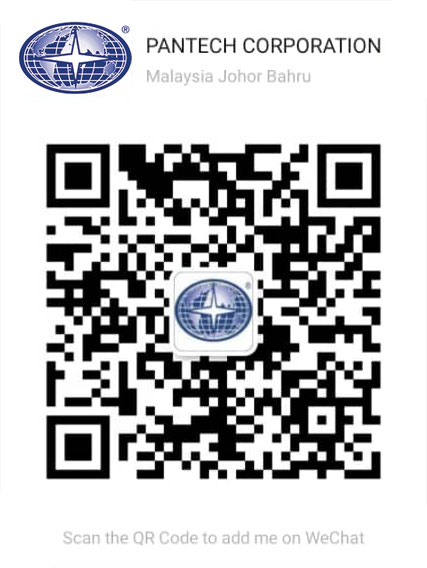 PANTECHCORP
PANTECHCORP